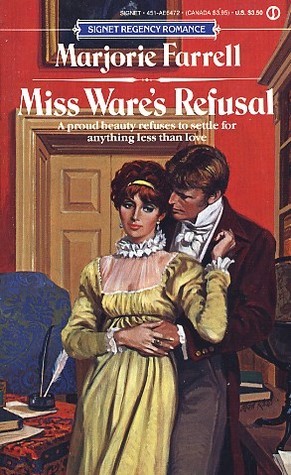What do you think?
Rate this book


The Duke was just as proud. Too proud to expose his grievous war wound to society's scorn. And too proud to open his heart to any woman's painful pity.
With pride so powerful, could passion and love prove stronger?
224 pages, Mass Market Paperback
First published April 3, 1990